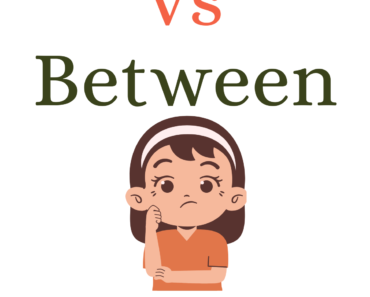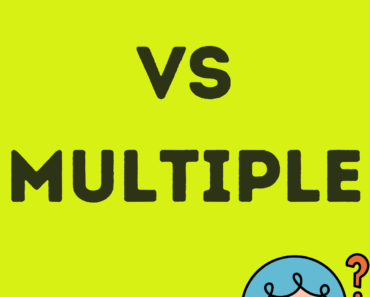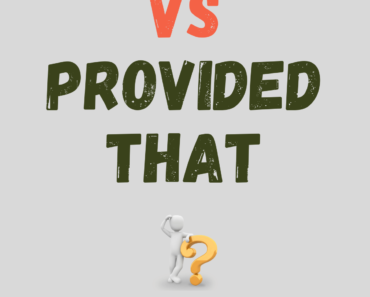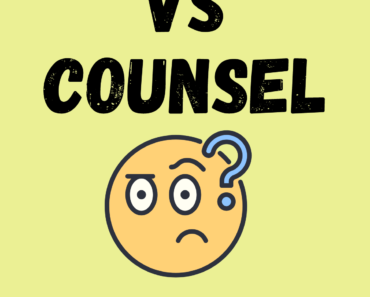The terms “battle” and “war” are often used interchangeably, but they represent different concepts.
- A battle is a specific military engagement between two or more forces, typically lasting from a few hours to a few days.
- Wars, on the other hand, encompass a series of battles and can span years or even decades.
Battles focus on achieving immediate tactical objectives, whereas wars aim to accomplish broader strategic goals. A war consists of multiple battles that collectively determine the outcome. In essence, battles are components of a war, forming the building blocks of the larger conflict.
Definition, Usage, and Examples
Battle
- Definition: A battle is a military engagement between two or more forces, usually lasting for a short duration, where the primary goal is a tactical victory.
- Usage:
- Tactical Focus: The main objective of a battle is to secure a specific, tactical goal that will impact the immediate outcome of a conflict.
- Example: The Battle of Gettysburg was a pivotal engagement that influenced the outcome of the American Civil War.
- Short Duration: Battles typically last from a few hours to a few days.
- Example: The Battle of Waterloo was fought in one day, marking the end of Napoleon’s rule.
- Localized: They occur in a specific geographic location and involve limited numbers of troops compared to wars.
- Example: The Battle of Midway was a naval battle in the Pacific Theater of World War II.
- Tactical Focus: The main objective of a battle is to secure a specific, tactical goal that will impact the immediate outcome of a conflict.
War
- Definition: A war is a prolonged conflict between nations or groups, consisting of a series of battles, and aims to achieve strategic political or territorial objectives.
- Usage:
- Strategic Focus: Wars are fought to achieve broad political, territorial, or ideological goals.
- Example: The Vietnam War was fought to prevent the spread of communism in Southeast Asia.
- Extended Duration: Wars can last for years or even decades, involving various campaigns and battles.
- Example: World War II spanned six years, impacting nations across the globe.
- Global or National Impact: The outcomes of wars have significant and lasting effects on global or national politics, economics, and societies.
- Example: The Cold War between the U.S. and the Soviet Union shaped global politics for nearly half a century.
- Strategic Focus: Wars are fought to achieve broad political, territorial, or ideological goals.
Understanding the difference between battles and wars provides crucial insight into military history, helping us grasp the complexities of conflicts that have shaped our world.






